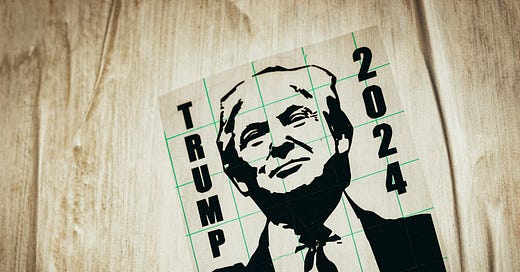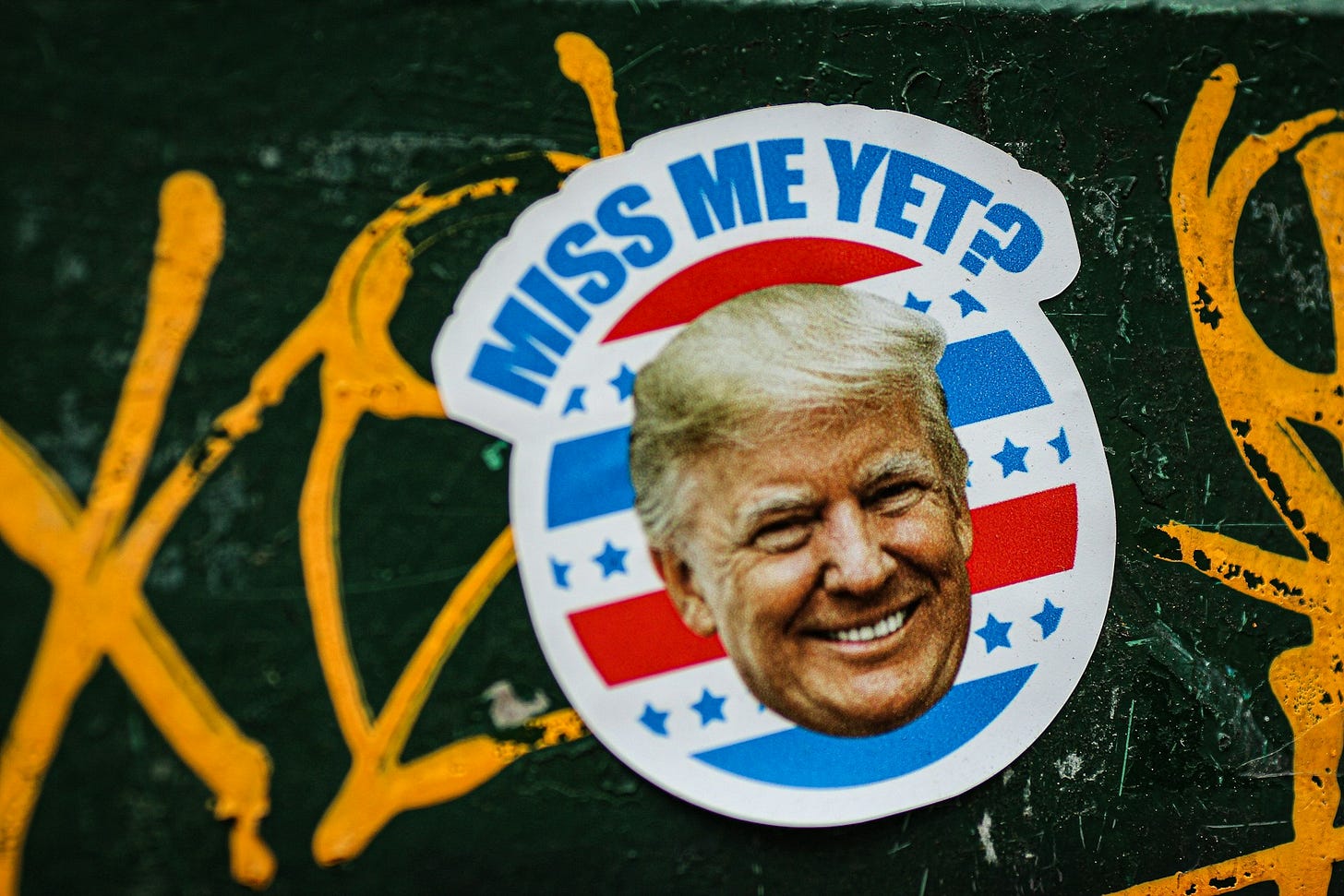Trump’s America: A Cultural Reckoning
Trump’s renewed mandate is not an isolated anomaly but a symptom of deeper cultural currents.
Donald Trump’s return to the political forefront has reignited debates about the nature of power, identity, and social inequality in contemporary America. For anthropologists, his presidency is not just a political event but a cultural phenomenon that offers insight into broader societal shifts. By examining issues of immigration, gender, and race, we can better understand the ideological undercurrents that continue to shape the United States and its position in the world.
Immigration has always been a touchstone of Trump’s political agenda. His administration’s initial term was defined by policies such as the travel ban targeting predominantly Muslim countries and the “zero-tolerance” policy that led to family separations at the U.S.-Mexico border. His rhetoric, steeped in the language of fear and protectionism, constructs immigrants as a monolithic threat to American sovereignty and security. Anthropologists recognize this as a form of "othering," a process that reinforces in-group solidarity by vilifying outsiders.
The anthropological concept of “cultural citizenship” is particularly relevant here. It highlights how belonging is negotiated not just through legal status but also through cultural norms and narratives. Trump’s discourse recasts citizenship as contingent on conformity to an idealized vision of “American” culture—one that is implicitly white, Christian, and English-speaking. This exclusionary logic undermines the pluralistic foundation upon which the United States was built, erasing the contributions of immigrant communities while exacerbating social divisions. As Jason de León says, “Trump is just a manifestation of many of the things around immigration that get said behind closed doors but are kind of hidden. It’s just that depending on who’s in office, they’re better at hiding it.”
Trump’s presidency also underscores the persistence of patriarchal structures in American society. His openly misogynistic remarks, combined with policies that curtail reproductive rights and undermine gender equality, reflect a broader cultural backlash against the gains of feminist movements. Anthropologists studying gender have long noted how political regimes use control over women’s bodies as a means of asserting dominance and maintaining traditional hierarchies.
Furthermore, Trump’s appeal to “macho” ideals—characterized by displays of toughness, aggression, and an aversion to vulnerability—resonates with a specific model of hegemonic masculinity. This cultural framework not only marginalizes women but also constrains men by enforcing rigid gender roles. The reassertion of these norms under Trump’s leadership suggests a deep-seated anxiety about shifting gender dynamics and the erosion of male privilege.
Race has been a central axis of Trump’s political identity, from his perpetuation of the birther conspiracy against Barack Obama to his equivocation on white supremacist violence in Charlottesville. Anthropologists understand racism not only as individual prejudice but as a structural and symbolic system that maintains inequality. Trump’s rhetoric and policies amplify this system by normalizing overt expressions of racial animus while dismantling mechanisms designed to address racial disparities.
The concept of “structural violence” is instructive in analyzing the impact of Trump’s policies on communities of color. Whether through the rollback of affirmative action, the gutting of voting rights protections, or the militarization of policing, these actions perpetuate systemic harm against marginalized groups. Simultaneously, Trump’s invocation of a mythical past—“Make America Great Again”—frames white identity as under siege, fostering a politics of grievance that scapegoats minorities for broader societal insecurities.
Amid the challenges posed by Trump’s presidency, it is crucial to acknowledge the resilience of marginalized communities and their allies. Anthropologists emphasize the importance of agency and resistance in the face of structural oppression. Grassroots movements advocating for immigrant rights, gender equality, and racial justice have not only mobilized to counter harmful policies but have also fostered solidarity across diverse groups. These movements demonstrate how cultural resilience operates as both a survival mechanism and a transformative force, enabling communities to adapt and challenge the status quo. Resilience, in this context, is not merely the ability to endure but also the capacity to envision and enact alternative futures.
Trump’s renewed mandate is not an isolated anomaly but a symptom of deeper cultural currents. His rise to power reflects the anxieties of a nation grappling with demographic changes, economic precarity, and shifting social norms. For anthropologists, this moment demands a critical interrogation of how these forces intersect to produce and legitimize authoritarian populism.
It is tempting to view Trump’s presidency as a deviation from democratic ideals, but it is more accurately understood as a mirror reflecting long-standing tensions within American society. The task for scholars and citizens alike is to confront these tensions with a commitment to equity and inclusion. By challenging the narratives that underpin exclusion, patriarchy, and racism, we can work toward a more just and empathetic social order.
Trump’s America offers a stark reminder that cultural change is neither linear nor inevitable. It is the product of struggle, negotiation, and resistance. As anthropologists, our role is to illuminate these processes and to amplify the voices of those who envision a different future.





